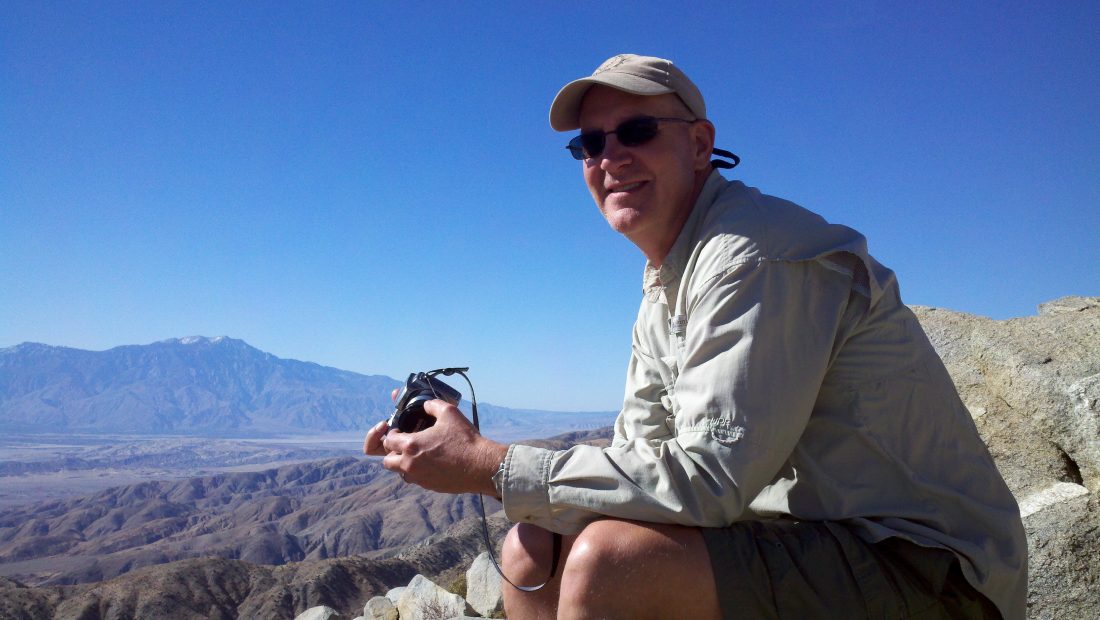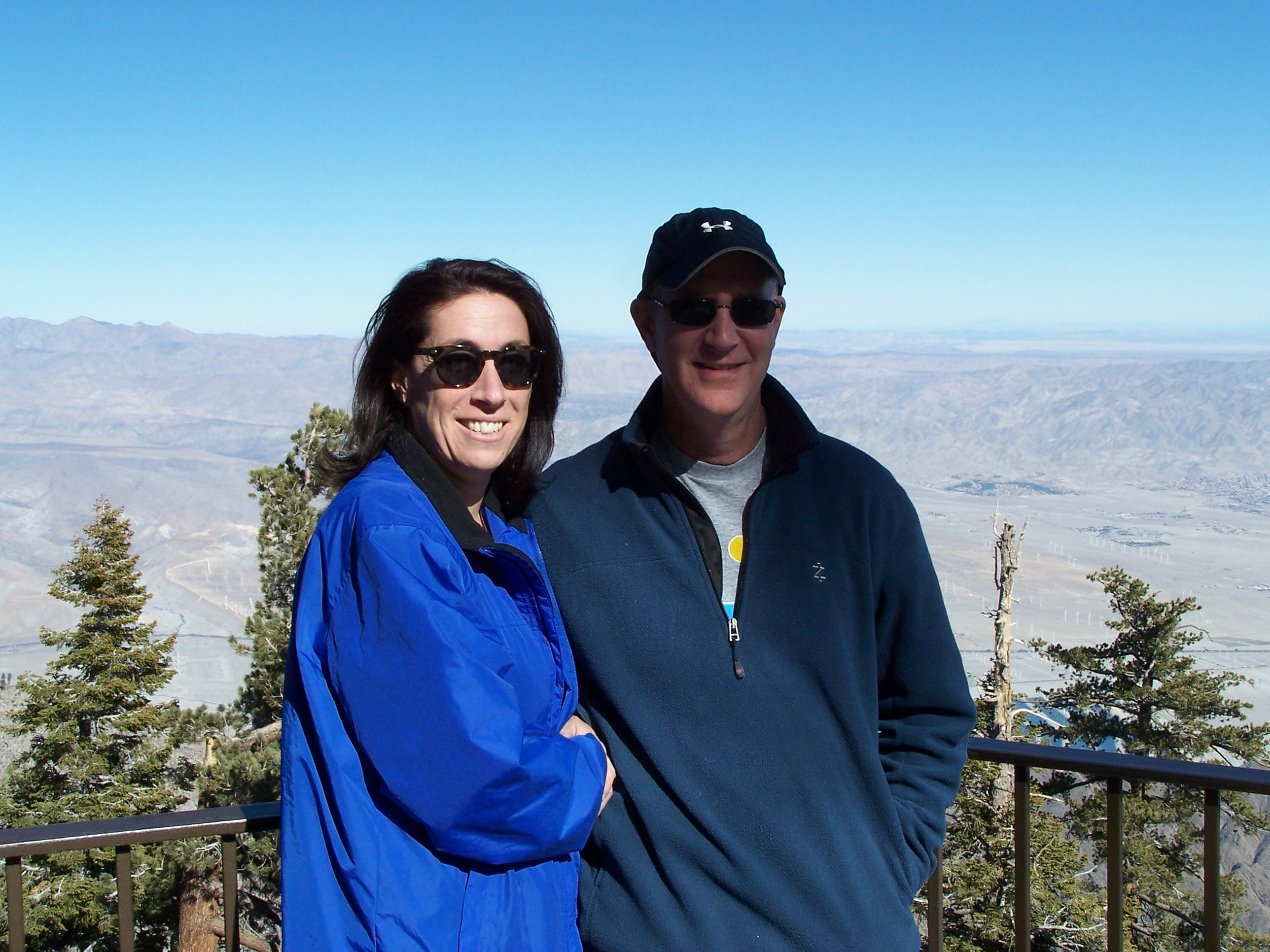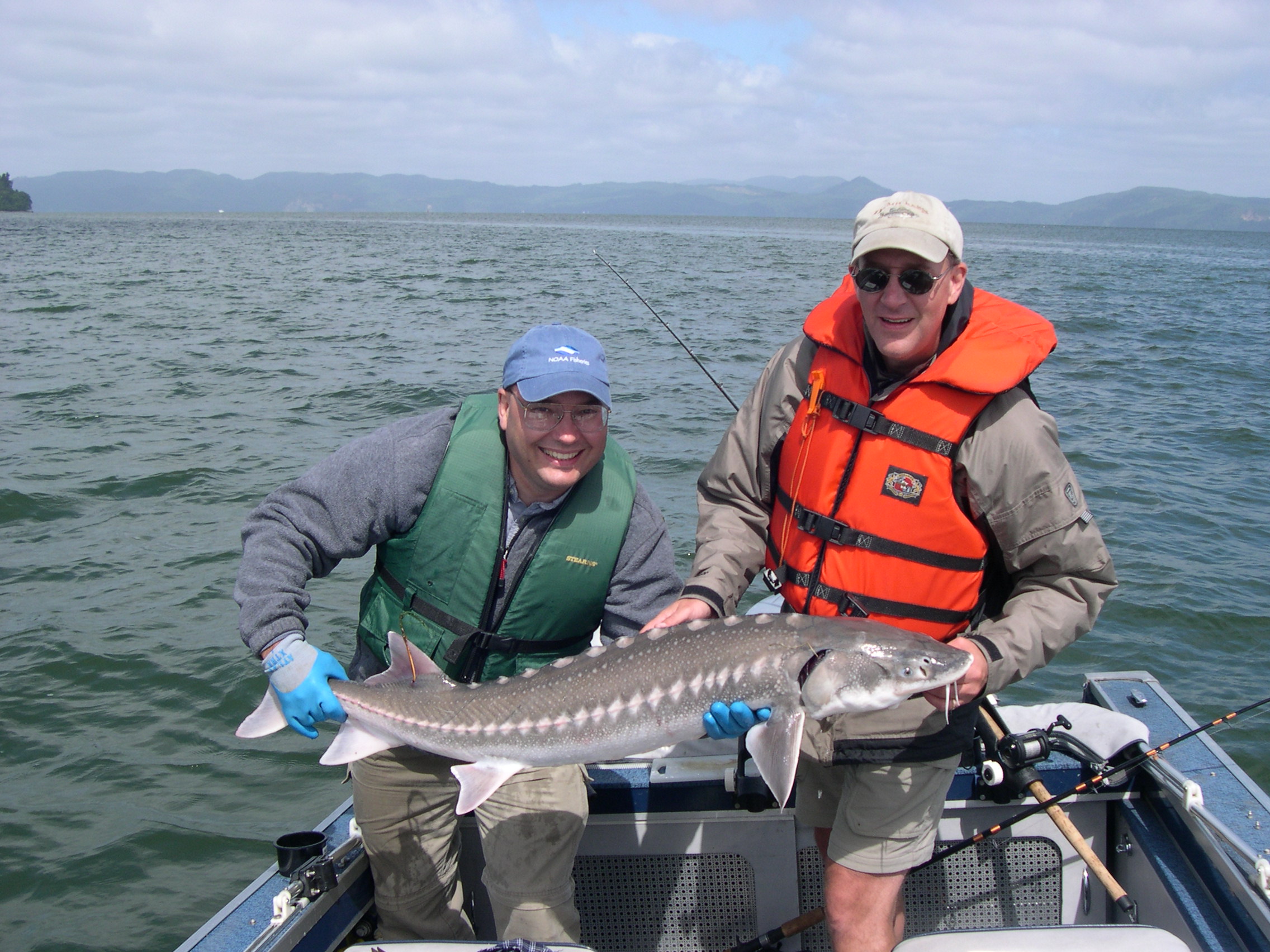
This year, the National College Sea Grant Program is celebrating it’s 50th anniversary, and during the month of April we, along with the 32 other programs, are reaching out to our former (and current) Knauss Fellows to find out how their experience has shaped their career and impacted their lives.
So what better way to start then by chatting with our first-ever fellow, Molecular Ecologist and Fish Conservation Geneticist (and University of Illinois alumnus!) John Epifanio.
What do you remember most about your fellowship time?
While the fellowship really helped me in my career by affording me a more realistic view of how policy is developed, there are a few less formal aspects of my fellowship year that remain most memorable. First, I was genuinely fortunate to work for U.S. Senator John H. Glenn on Great Lakes issues. To work for an American hero in itself is pretty neat. He was in every way, the “real deal.” More importantly, the experience taught me a great deal about how public stature and personal capital can be used on behalf of a pretty worthy cause—in this case, the Great Lakes ecosystem. Second, I met my future spouse through the Knauss Fellowship program (she and I were both part of the class of ’90). I like to think that in this regard, the fellowship keeps on paying dividends. Last, I developed a handful of long-standing friendships that have endured the years and distance.

What was the most useful skill or knowledge that you got from the experience?
I think the most useful skill I received from the fellowship was to focus the way I write and communicate complex issues. As scientists we are often trained to exhaustively cover a topic an inch wide and mile deep. In working with policy, this level of coverage is a luxury that demands distilling an entire body of literature into a single bullet point on a memo (Oh, and by the way, the boss wants it yesterday!).

How has it played a role in your career or your life?
In many ways, the fellowship is a bit of an exclusive club. I mean this not in a snooty way that results from some greater virtue or qualification on my part, but rather in a way that having been part of the fellowship program carries a bit of cache. When I meet others who have been in the program, there is an immediate bond and acknowledgement that we were really part of something special—a unique opportunity and sideline pass for the total “D.C. experience.”

